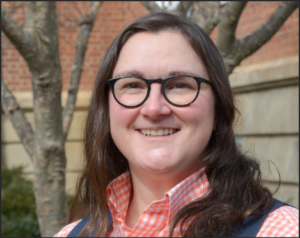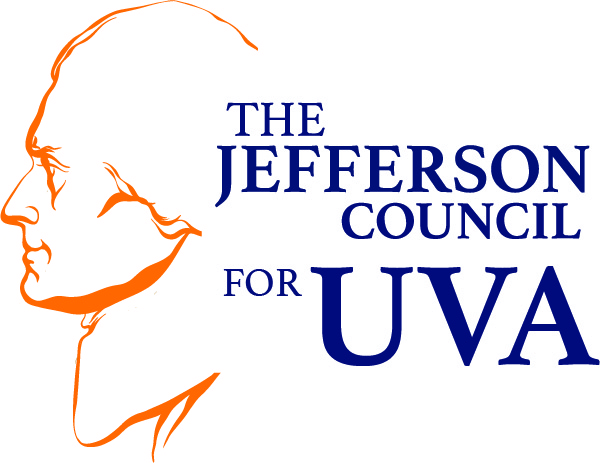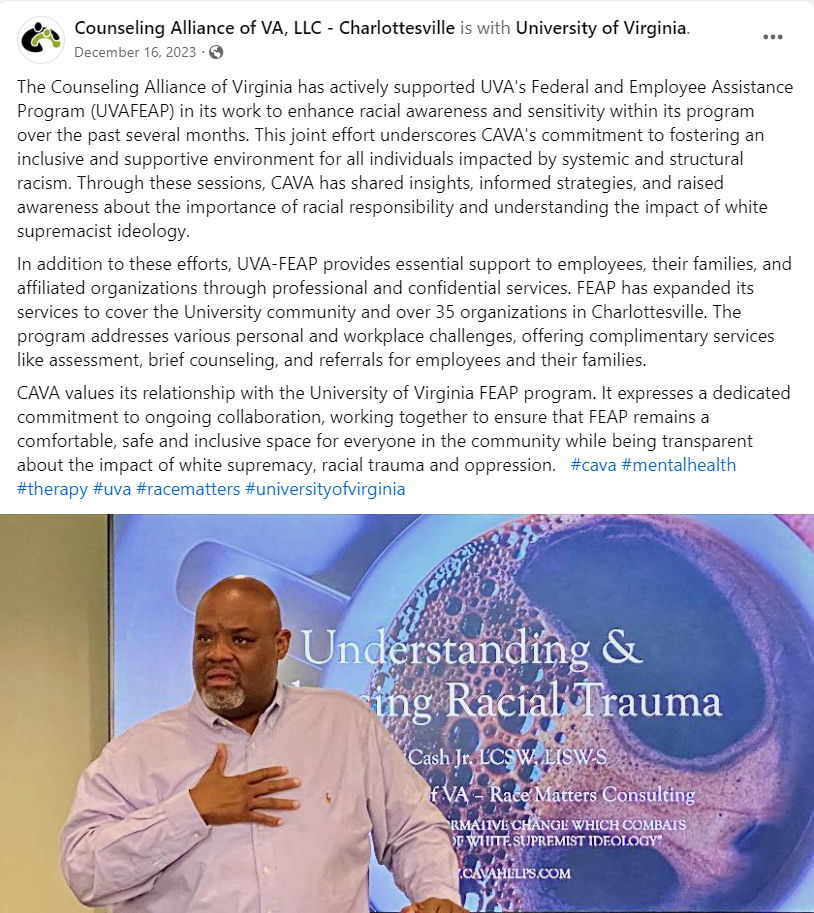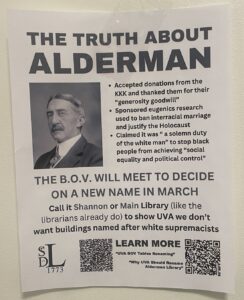 Rachel Spraker (she/they) is assistant vice president-equity and inclusive excellence at the University of Virginia, one of 15 staff members in the university’s Division for Diversity, Equity, and Inclusion.
Rachel Spraker (she/they) is assistant vice president-equity and inclusive excellence at the University of Virginia, one of 15 staff members in the university’s Division for Diversity, Equity, and Inclusion.
Here’s how the web page describes her job (words in bold highlight rhetoric characteristic of intersectional-oppression ideology, colloquially referred to as wokeness):
Rachel develops, implements, and evaluates policies, practices, and programs which seek to advance the representational diversity, inclusive capacity, and sense of belonging of the University’s workforce and learning community. Rachel has previously served on the executive board of the American Association for Access, Equity, and Diversity and as an equity consultant for institutions of higher education.
Rachel grew up in a small town in rural Appalachia in what is now called Virginia, on the traditional territory of the Tutelo people. Rachel was a first generation student at UVA where they earned their bachelor’s degree in history and foreign affairs. Rachel holds a Master of Science in Sociology from Virginia Commonwealth University with work focused on landscapes of racial violence and is currently a doctoral student at UVA in the School of Education and Human Development.
Spraker has not published any academic articles, but her approach to diversity, equity and inclusion can be discerned by the ideological framework employed in her master’s thesis and articulated in several video recordings. Of particular interest are her thoughts about “environmental violence,” “dying of whiteness,” “white toxicity,” the “emotionality” of whiteness, and the justification of racial preferences. Continue reading

 by James A. Bacon
by James A. Bacon
 by James A. Bacon
by James A. Bacon